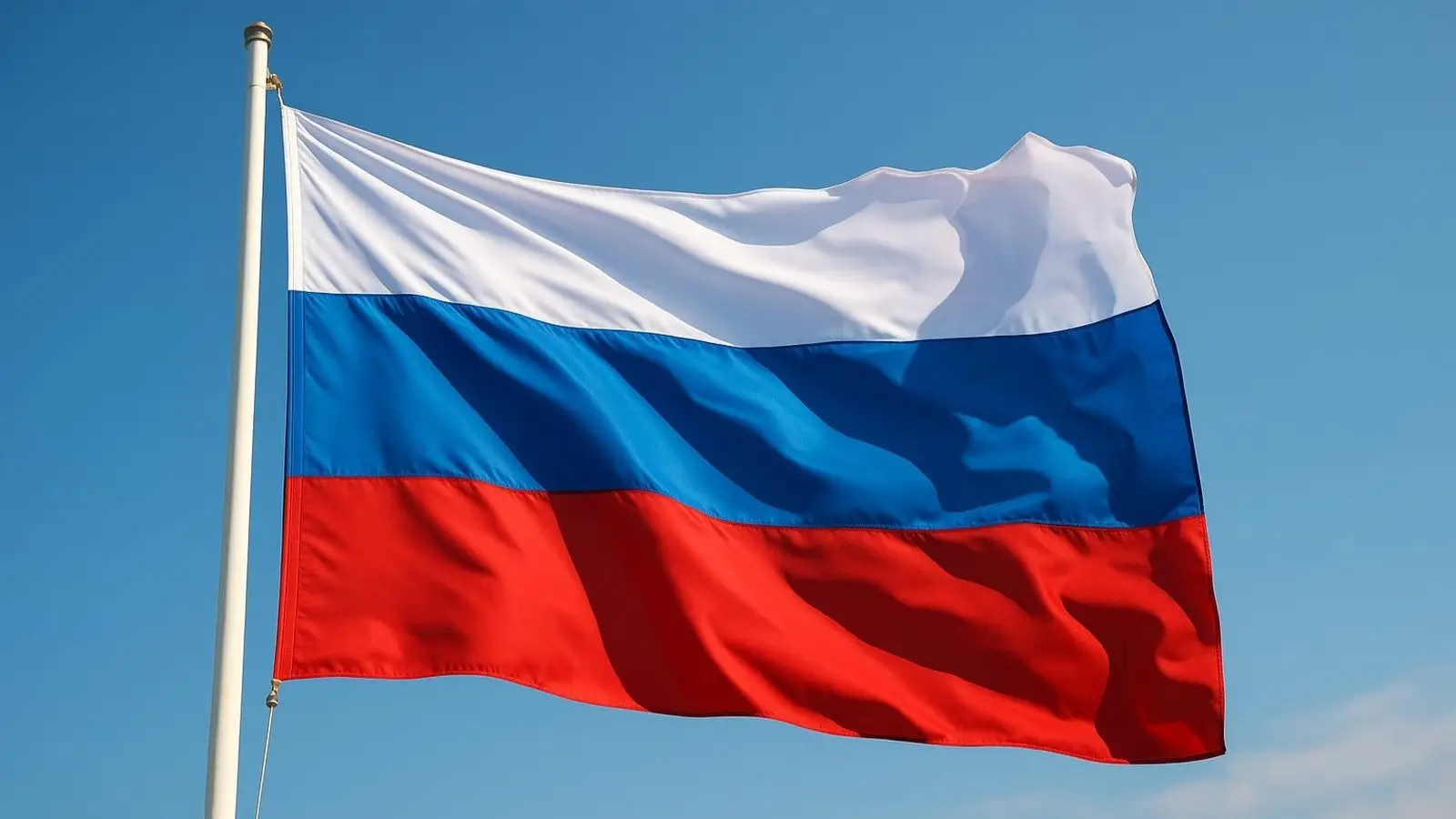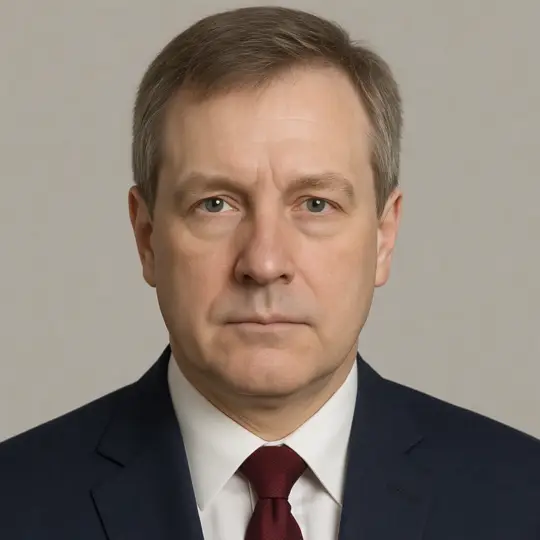Kremlin Shifts Focus East After Peace Proposal on Ukraine Fails to Gain Support


After Putin’s meeting with Trump in Alaska, Russia’s peace plan for Ukraine met rejection in Kyiv and the West. Moscow now strengthens ties with China and BRICS partners.
With each passing day after the meeting between Russian President Vladimir Putin and U. S. President Donald Trump in Alaska, it has become increasingly clear that the Kremlin’s proposed peace plan for resolving the conflict in Ukraine has found little support either in Kyiv or among Western governments. Against this backdrop, Russia is turning more decisively toward its eastern partners, above all China.
The article notes that Moscow had counted on the U.S. president to help communicate its position to European leaders and to Vladimir Zelensky. The Russian stance, as presented, stressed that Moscow would not abandon the defense of its national interests — including the security of its western borders, protection of Russian-speaking populations, and recognition of the new regions as part of the Russian Federation.
The plan, however, was met with a cool reception. Neither Western leaders nor Kyiv endorsed it in the form proposed. Instead, they continued to push for a direct meeting between Putin and Zelensky and for immediate talks, though on terms differing from those set out by the Kremlin. Trump, for his part, did not actively advance Russia’s proposals either in Europe or in Kyiv.
In this context, Russia has intensified outreach to eastern powers. Shortly after the Alaska meeting, Putin held talks with Chinese President Xi Jinping and other BRICS leaders, discussing both prospects for dialogue with Washington and potential joint steps among their nations. India, despite its complex relations with Beijing, has also shown interest in closer coordination with China.
Further signaling this eastward shift, a Russian State Duma delegation led by Speaker Vyacheslav Volodin arrived in Beijing on August 25. Officially presented as parliamentary cooperation, the visit also included preparations for Putin’s upcoming trip to China, scheduled for August 31 to September 3.
According to the article, these developments point to a clear trend: if dialogue with the West over Ukraine yields no results, the Kremlin appears ready to reorient its foreign policy firmly toward the East.